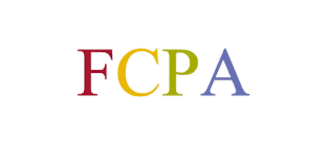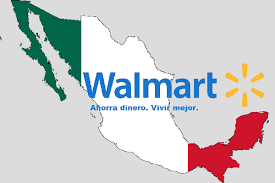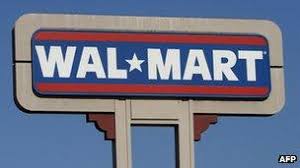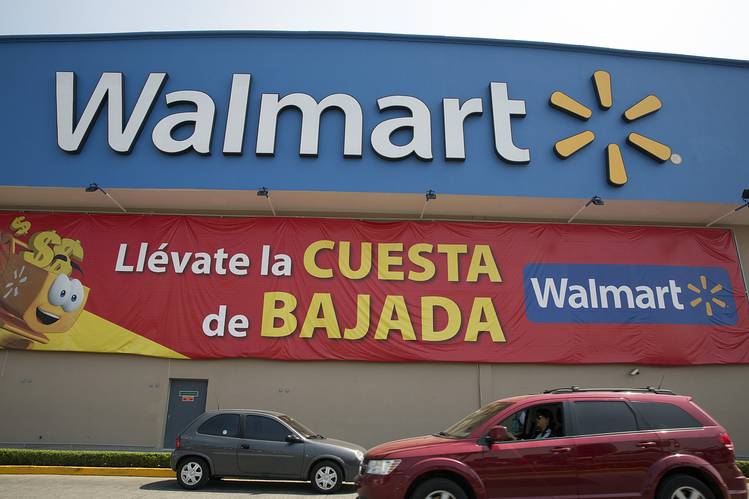Walmart’s Recipe for Corruption Disaster: Rapid International Growth without a Compliance Program Foundation (Part II of III)

The Walmart case, from a big picture standpoint, represents a serious warning to all global companies committed to rapid international growth. In the absence of a significant and sustained commitment to compliance, rapid international growth is bound to end up in a compliance breakdown, thereby threatening the ultimate success of any international business strategy.
Walmart is Exhibit A in the explanation of how a successful business strategy can lead to a compliance nightmare, and a fundamental breakdown in a business initiative.
Let’s look at the facts included in the government settlement papers.
From 2000 to 2011, Walmart personnel responsible for implementing and maintaining the company’s internal controls were aware of failures in its anti-corruption controls surrounding payments to government officials. These deficiencies centered on due diligence of third-party intermediaries (“TPIs”), payments to TPIs; documentation of services provided by TPIs; existence of written contracts with TPIs that included anti-corruption compliance clauses; charitable donations made to foreign officials were not improperly designed for personal benefit of foreign officials; and that sufficient anti-corruption policies were implemented governing conduct that raised significant anti-corruption risks (e.g. gifts and hospitality).

For over eleven years, senior officials in Walmart and its foreign subsidiaries were aware of these deficiencies, and it was not until 2011 that Walmart made a concerted effort to comply with applicable anti-corruption laws. During an eleven year period, Walmart acted with calculated indifference in order to foster continued growth of its international expansion without any serious concern about bribery payments, weaknesses in its internal controls and blatant disregard for significant red flags surrounding high-risk TPIs and bribery schemes.
In 2003, Walmart first considered adopting a global anti-corruption policy. It was not adopted until two years later in 2005. Three years later, Walmart issued an updated anti-corruption policy. The updated policy included specific due diligence requirements for review and approval of TPIs. The new policy was not fully implemented and eventually due diligence requirements were delegated to specific countries and tailored to local business needs.
As a result of these deficiencies, Walmart’s foreign subsidiaries in Mexico, India, Brazil and China were able to hire TPIs without preventing the TPIs to be used to make illegal bribery payments for government officials in order to obtain store permits and licenses. These illegal payment schemes were successful in securing expedited opening and operation of Walmart stores in these countries.

Mexico: The initial New York Times reporting surrounding Walmart’s corruption controversy arose from Mexico. This is also where DOJ’s initial investigation began.
From at least 1999 to 2004, Walmart Mexico obtained local licenses and permits needed to open and operate stores in Mexico through TPIs. In 2005, an attorney for Walmart’s Mexico subsidiary reported to Walmart that he was responsible for a long-time scheme to use TPIs, in this case lawyers referred to as “gestores,” to funnel bribes to Mexican government officials in order to obtain permits and licenses for the subsidiary. The attorney also claimed that Walmart executives knew of and approved the scheme.
According to the Walmart Mexico attorney, approximately $6 million was paid through TPIs, some of which was used to pay government officials, and in some cases, the attorney himself directly made payments to government officials. Most of the illegal payments were made using the gestores, local attorneys.
The TPIs submitted invoices using various codes known to the attorney and others at the Mexican subsidiary to indicate the purpose of the improper payment to the government official.
In late 2004, Walmart Mexico’s audit team drafted a report identifying the gestores payments as “unusual,” and questioning the payments to various TPIs and the absence of any justification for such payments. The final version of the report removed the language surrounding the “unusual” payments.
After an initial investigation of the allegations in 2005, and despite recommendations by outside counsel and other Walmart officials to conduct an externally-managed investigation, Walmart decided to have internal audit and security employees investigate the allegations. They identified several violations and recommended a further investigation. Walmart rejected the recommendations and instead assigned the internal investigation to a senior Mexico executive, who was allegedly aware of and approved the bribery scheme, to conduct the investigation. In other words, Walmart assigned the investigation to a senior executive allegedly implicated in the specific scheme under investigation. In 2006, the investigation was closed.

India: In 2005, Walmart planned to expand into India. Before doing so, it was aware of significant corruption risks in securing licenses and permits. In addition, its joint venture partner was cited for corruption risks.
From 2009 to 2011, Walmart’s operations retained TPIs to make improper payments to government officials to obtain operating permits and licenses. These payments were falsely recorded in the joint venture’s books using terms such as “misc fees,” “miscellaneous,” “professional fees,” “incidental,” and “government fee.”
Between 2008 and 2011, Walmart India’s audit team identified weaknesses in its anti-corruption controls on at least six separate occasions. Despite these reports and review by Walmart US officials, no attempts were made to address these weaknesses.
In 2011, Walmart India officials received an anonymous whistleblower tip concerning ongoing bribery payments to obtain licenses and permits. Walmart received two additional whistleblower messages on the same subject. Walmart never investigated the allegations.
Brazil: Walmart Brazil engaged in bribery involving hiring with construction contractors, one of whom was a government official. Improper payments were made to two contractors involved in the construction of two stores in Brazil in 2009.
As early as 2008, Walmart Brazil internal audit identified weaknesses in Walmart Brazil’s anti-corruption internal controls. None of the deficiencies were ever addressed.
Between 2008 and 2012, Walmart retained a construction company to build eleven new stores and paid it $52 million. Walmart never conducted a due diligence review of the construction company. In fact, in 2009 and later in 2012, the construction company failed to meet Walmart vendor due diligence requirements. Despite being told in 2009 not to make any more payments or execute any additional contracts with the construction company, Walmart Brazil continued to do so.

Walmart Brazil hired a TPI through the construction company by amending the contract with the construction company to include the TPI. Walmart Brazil sought to use the TPI to make bribery payments to Brazil government officials. The TPI was described as having an uncanny ability to secure licenses and permits relatively quickly, which earned her the nickname “sorceress” or “genie.” Walmart knew that it could not hire the intermediary because she would not satisfy due diligence requirements, so Walmart hired her through the construction company in order to “distance” the company from her illegal activities. In 2009, the TPI made improper payments to government inspectors in connection with the construction of one of Walmart’s stores.
China: Between 2003 and 2011, internal audit regularly flagged weaknesses in Walmart’s internal controls relating to anti-corruption protections. Between 2007 to 2011, Walmart’s China subsidiary virtually ignored all of internal audit’s findings.
In all of the countries, DOJ and the SEC recounted instances when Walmart intended to implement proper accounting controls and training programs, only to put them on hold or otherwise allow cited and known weaknesses to continue without remediation.
















1 Response
[…] Volkov, writing in Corruption Crime and Compliance, noted a clear lesson for every compliance practitioner was in the area of rapid expansion of […]